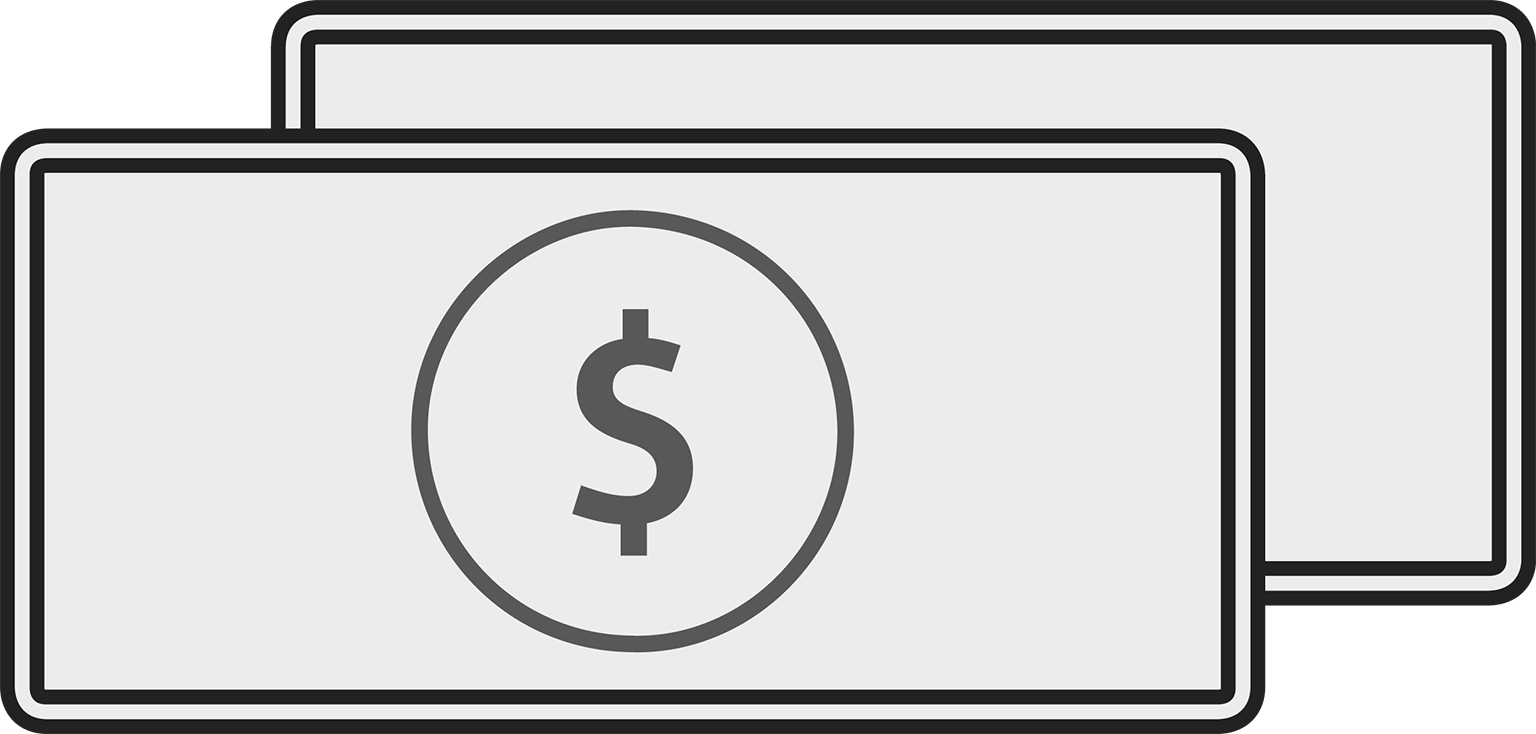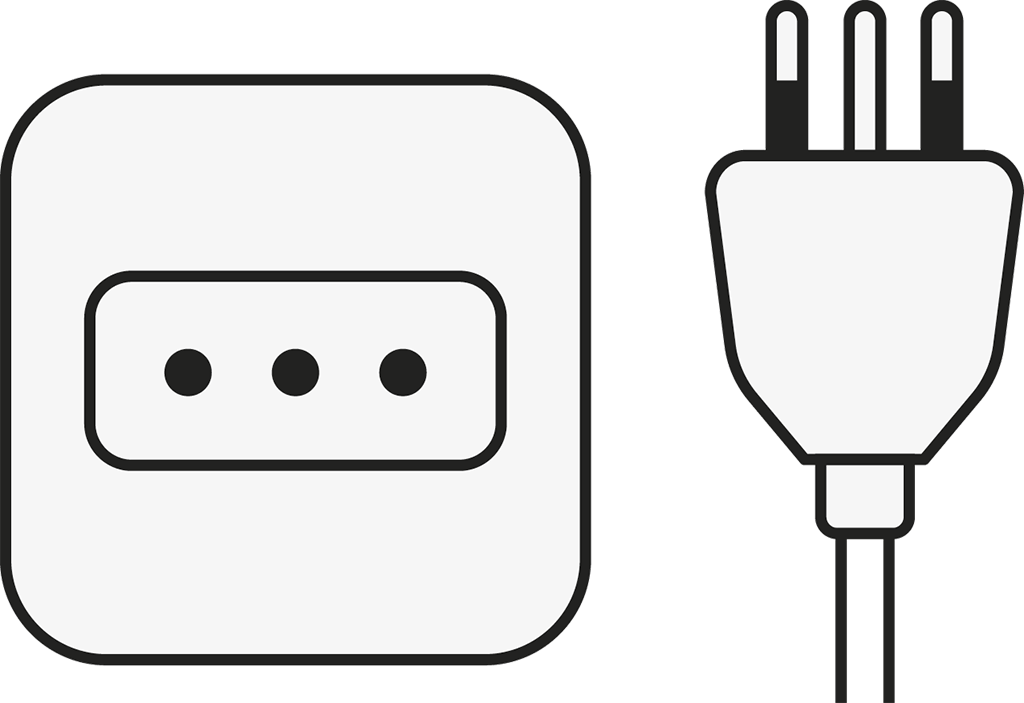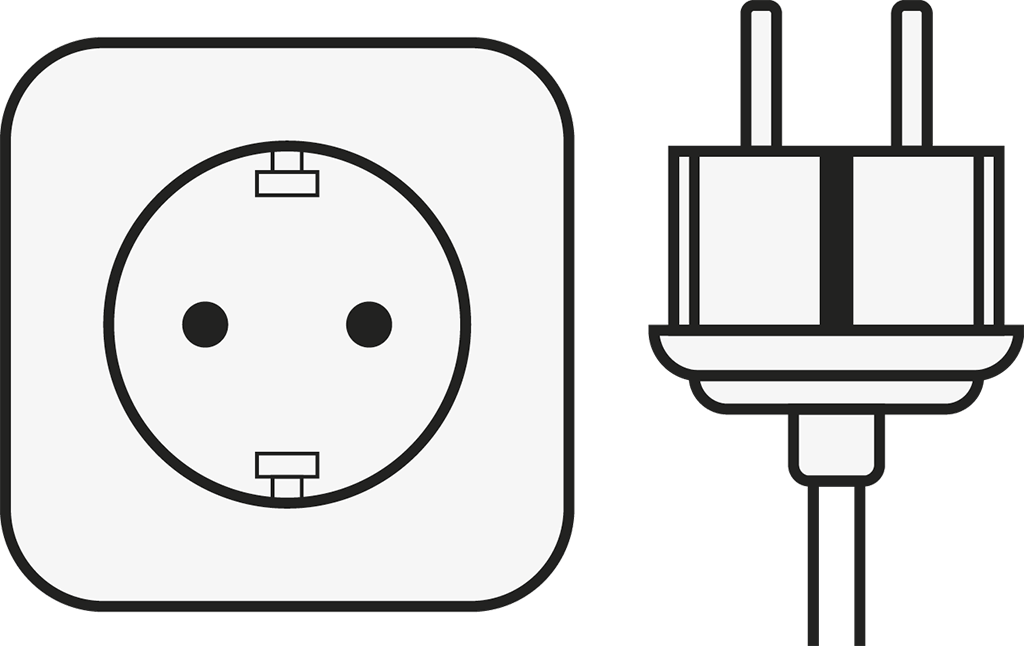Before
You Go
Forward planning is essential to any successful trip. Be prepared for all eventualities by considering the following points before you travel.
Passports and Visas
Brazil operates a reciprocal visa policy; as such, citizens of the UK, EU, Australian, New Zealand, US, Canada, Japan, Mexico, and South Africa do not need a visa, provided they have a return ticket and their stay in Brazil does not exceed 90 days. Visitors from other countries need to apply for a visa at the Brazilian embassy or consulate in their country of residence. Contact your nearest Brazilian embassy for current requirements. Upon arrival, visitors will be given an entry/exit card; one copy will be kept by immigration officials and the other will be needed on departure. The Polícia Federal may ask to see an outbound ticket and proof of sufficient funds for the duration of your stay.
Polícia Federal
∑ pf.gov.br
Travel Safety Advice
Visitors can get up-to-date travel safety information from the US Department of State, the UK Foreign and Commonwealth Office, and the Australian Department of Foreign Affairs and Trade.
Australia
∑ smartraveller.gov.au
UK
∑ gov.uk/foreign-travel-advice
US
∑ travel.state.gov
Customs Information
An individual is permitted to carry the following into Brazil without incurring tax:
Tobacco products 200 cigarettes, 25 cigars, or cigarillos, or 250 g of smoking tobacco.
Alcohol 12 litres of alcoholic beverages.
Cash If you plan to enter or leave Brazil with $10,000 or more in cash (or the equivalent in other currencies) you must declare it to the customs authorities.
Gadgets, such as cameras or laptops, may need to be registered upon arrival to ensure that they will be taken out of the country again.
Insurance
Although visitors are entitled to medical attention at Brazil’s free public healthcare system, public hospitals tend to be very busy. Emergency medical insurance is highly recommended to cover the cost of private medical treatment. It is also advisable that your policy covers theft, loss of belongings, cancellations and delays.
Vaccinations
Yellow fever vaccination is highly recommended, especially if you are planning to visit rural areas; be aware that visitors can be asked to provide
a yellow fever vaccination certificate upon entering the country.
Ask your doctor or a travel clinic for an International Certificate of Vaccinations, an up-to-date list of the required vaccinations. The most commonly recommended are a DTP (diptheria, tetanus, and polio) booster, as well as vaccinations for typhoid and hepatitis A.
Booking Accommodations
Brazil has a huge range of places to stay, from luxury beach resorts to hostels. It is essential to book well in advance for the peak seasons: from Christmas to Carnaval (held in February or early March), as well as for July and August. Booking online through international agencies can offer excellent deals, although sometimes cheaper rates are available on hotel websites.
Money
The official currency is the Brazilian real (plural reais), denoted throughout this guide by the $ symbol. The only foreign currencies commonly accepted in Brazil are the US dollar and euro.
Exchange rates for cash transactions are usually not very good, and the highest rates can be obtained on credit card or caixa automática (ATM) transactions. Credit cards (especially MasterCard and Visa), are the best option; they are widely accepted and can also be used to withdraw reais, giving a more favorable exchange rate. Contactless payments are gradually becoming more common, particularly in the larger cities.
Travelers with Specific Needs
Although it is relatively easy to find accessible hotels and restaurants, very few public places are wheelchair-friendly. Older buildings may lack elevators or ramps, and streets and sidewalks are often uneven or broken. The Rio de Janeiro and São Paulo metros have accessible elevators and ramps at many stations. For short distances, taxis are the best option. In Rio, Especial Coop have specially adapted taxis and English-speaking drivers. For long distances, buses are generally comfortable, with fully reclining seats. All main airports have wheelchairs. The SATH website is a useful planning resource.
Especial Coop
∑ especialcoop.com.br
SATH
∑ sath.org
Language
Portuguese is the official language, but several indigenous languages are also spoken. Social niceties are important, so starting a conversation with “bom dia” will go a long way. Locals may speak some English in tourist areas, but in general, English is not widely spoken.
Closures
Monday Several museums are closed on Mondays, so always check before visiting.
Sunday Most shops are closed, although some stores and malls are open until 4pm.
need to know Before You Go
At a Glance
need to know Before You Go
need to know Before You Go
Electricity Supply
Power sockets are type N for three-pin plugs, or type C for two-pronged plugs, Standard voltage is 127 or 220 volts.
need to know Before You Go
PUBLIC HOLIDAYS
| 1 Jan | New Year’s Day |
| 21–26 Feb | Carnaval |
| 10 Apr | Good Friday |
| 21 Apr | Tiradentes Day |
| 25 Apr | Liberation Day |
| 1 May | Labor Day |
| 11 Jun | Corpus Christi |
| 7 Sep | National Independence Day |
| 12 Oct | Our Lady of Aparecida |
| 1 Nov | All Saints Day |
| 2 Nov | All Souls Day |
| 25 Dec | Christmas |





